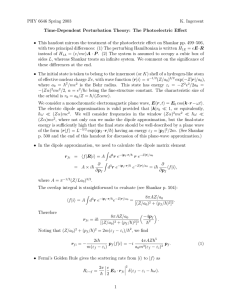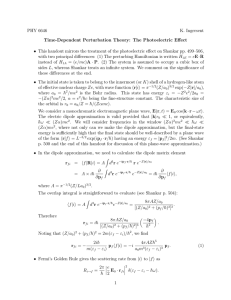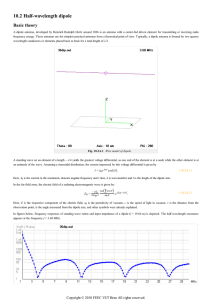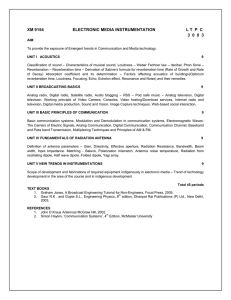Antena Summary
advertisement
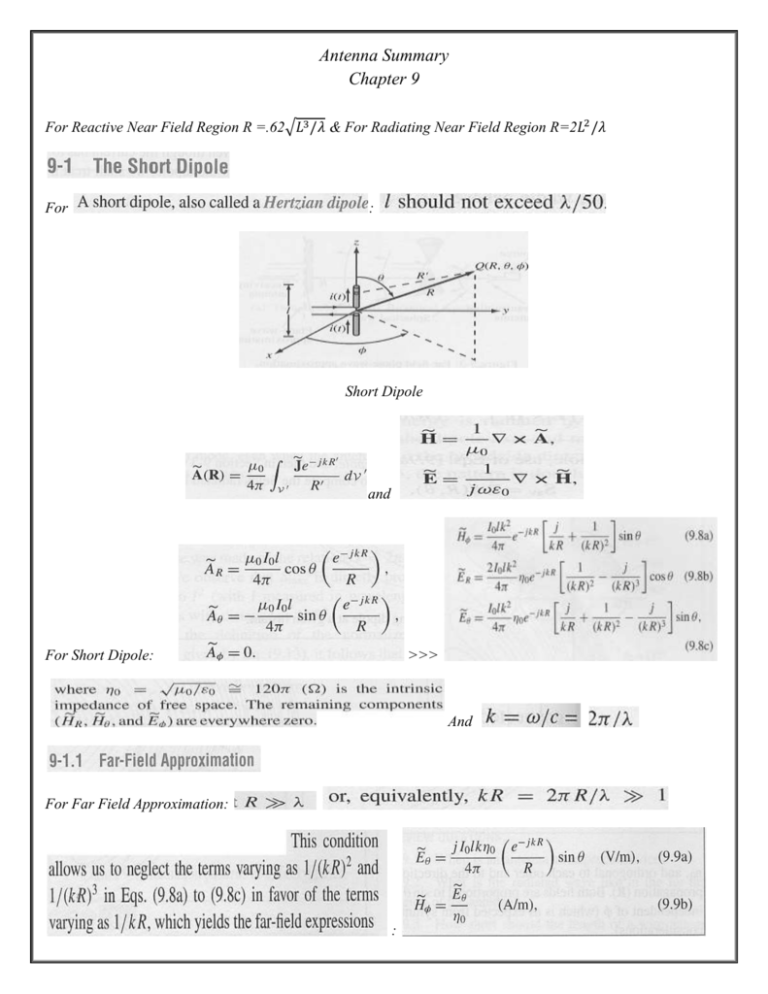
Antenna Summary Chapter 9 For Reactive Near Field Region R =.62√𝐿3 /𝜆 & For Radiating Near Field Region R=2𝐿2 /𝜆 For : Short Dipole and For Short Dipole: >>> And For Far Field Approximation: : And : : With : For Hertzian dipole : >>>> : And in the spherical coordinate system : >>>> (Total Radiated Power) . : : : And : : >> : Resistance or Circler wire of length l and radius a For Hertzian dipole: (See derivation in Example 9.3) : For Half Wave Dipole: Two Approximations: 1. 2. Also (Magnitude Approximation) (Phase Approximation) >>> … : >>> Xin = And Where : Also Xin = 21.25 : >> >> For Wave length-long dipole : : >> >>> >>>> For short Dipole: For ay antenna: See example 9.4 for derivation of maximum power transfer. : (Power transfer ratio) We used . Noise Level: : : To satisfy the far – field condition: Note: Ea is the exciting field. : : Assuming We used And from equation 9.82 >> >>> : And >>> >>(from tables)>> … >> … : For And : Also : … >>> To satisfy Far field condition Where array length Two Approximations: 1. (Magnitude Approximation) 2. (Phase Approximation) >>>> >>> >>> For >>> >> (Derivation page 410&411) : : For Electronic steering >> And >> : : For Frequency Scanning; >> >> let with …Ignore 2π and its multiples (no influence of relative phases). (Using equation 125) Additional Formulas You Might Need: Voltage Reflection coefficient: standing wave ratio: (See problem 12) For Direct and Reflected Waves from antenna: …Reflected Direct: >> And: Where (See problem 38) Tables:
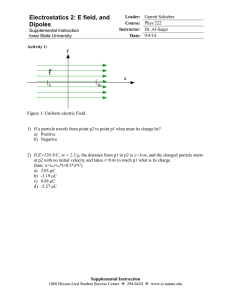
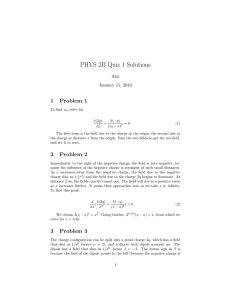
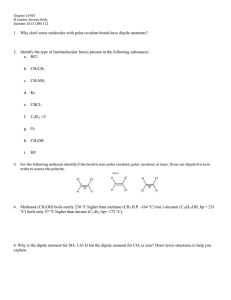
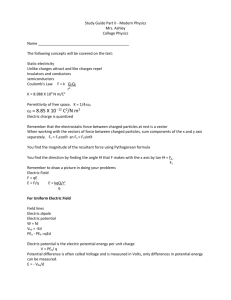
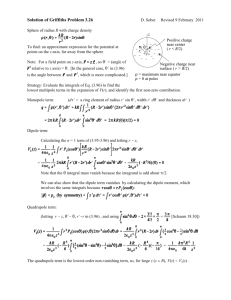
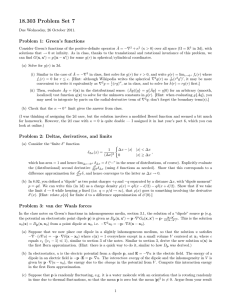
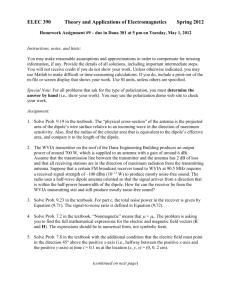
![[Answer Sheet] Theoretical Question 2](http://s3.studylib.net/store/data/007403021_1-89bc836a6d5cab10e5fd6b236172420d-300x300.png)
